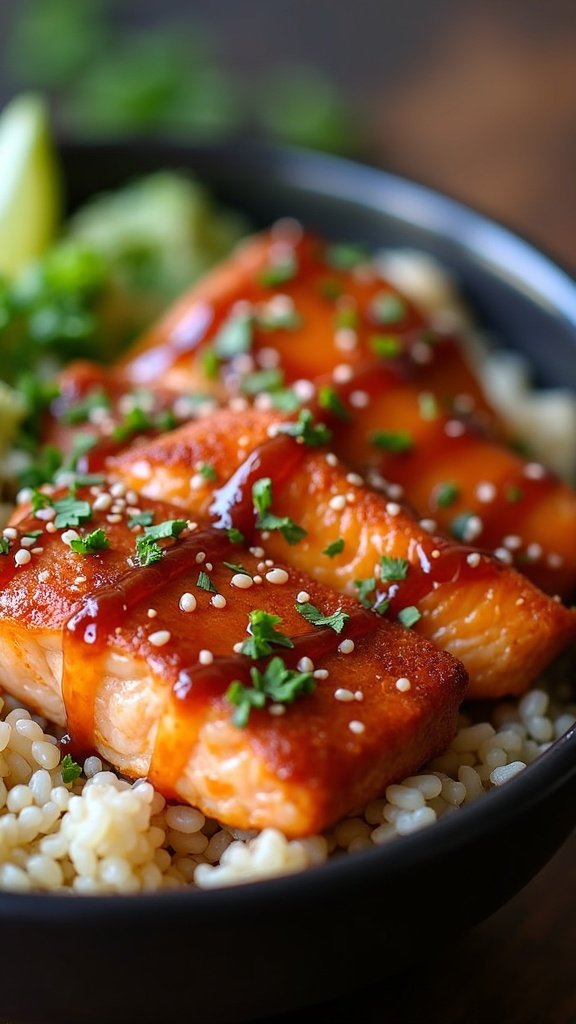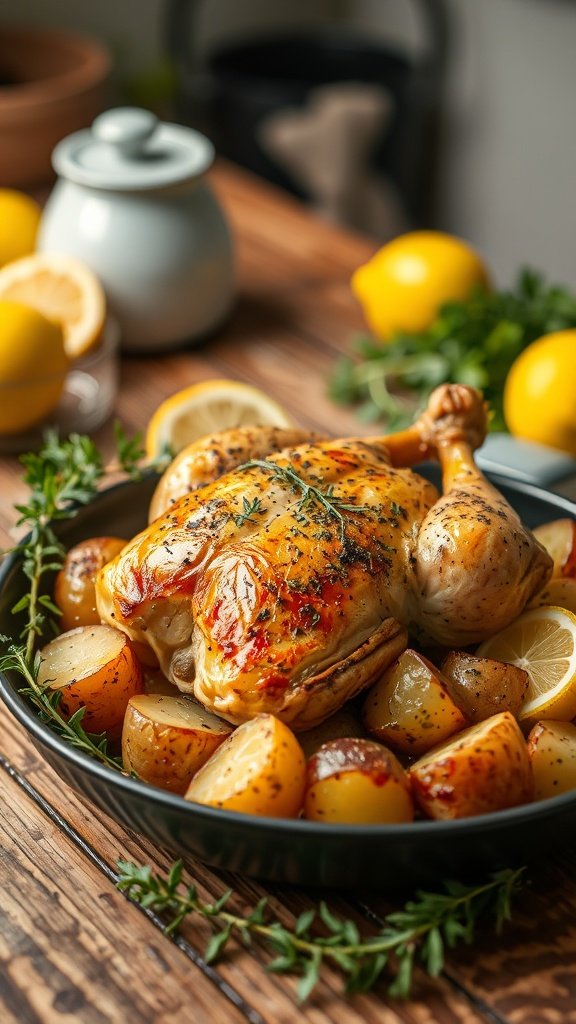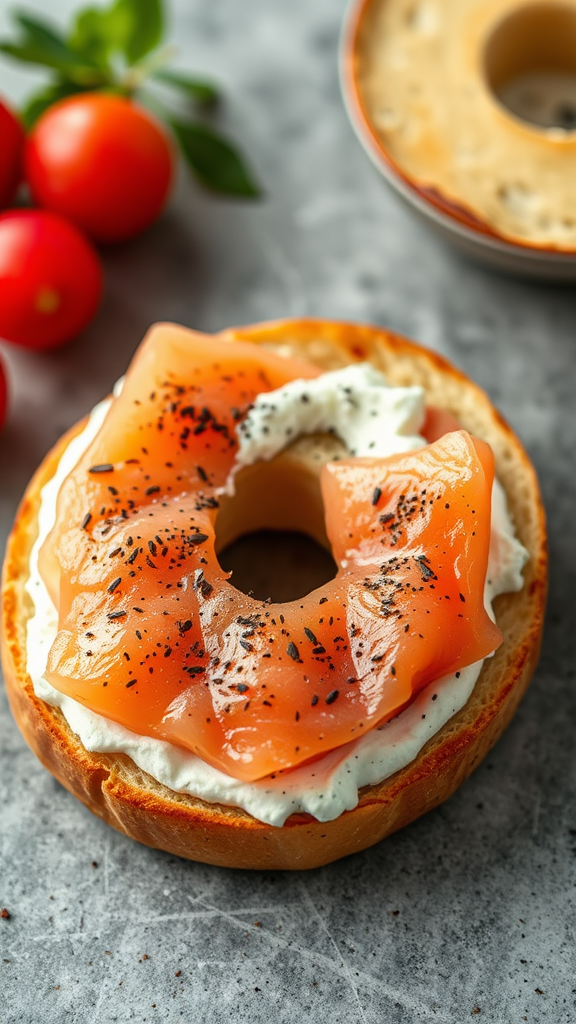10 High-Protein, Anti-Inflammatory Foods for Muscle Recovery
If you’re aiming to boost muscle recovery and reduce inflammation, adding the right high-protein, anti-inflammatory foods to your diet can make a world of difference.
Packed with essential amino acids and powerful antioxidants, these nutrient-dense foods can help accelerate your recovery process while keeping inflammation at bay.
Read about the top 10 high-protein, anti-inflammatory foods you need to know about, offering not just the benefits but also practical ways to incorporate them into your diet. Whether you’re a seasoned athlete or just starting out, knowing what to eat can be a game-changer for your muscle recovery journey.
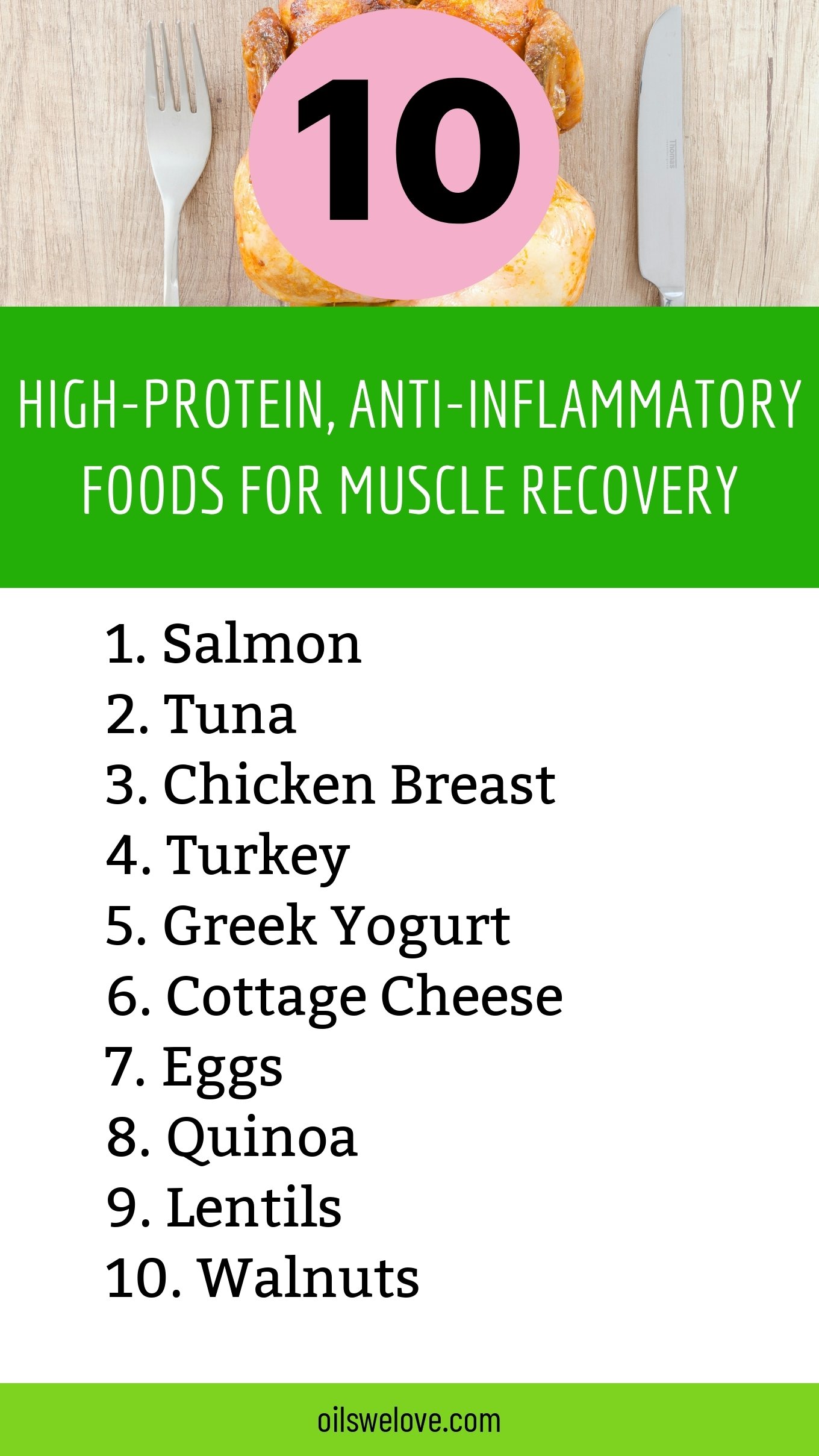
Top 10 High-Protein Foods for Muscle Recovery
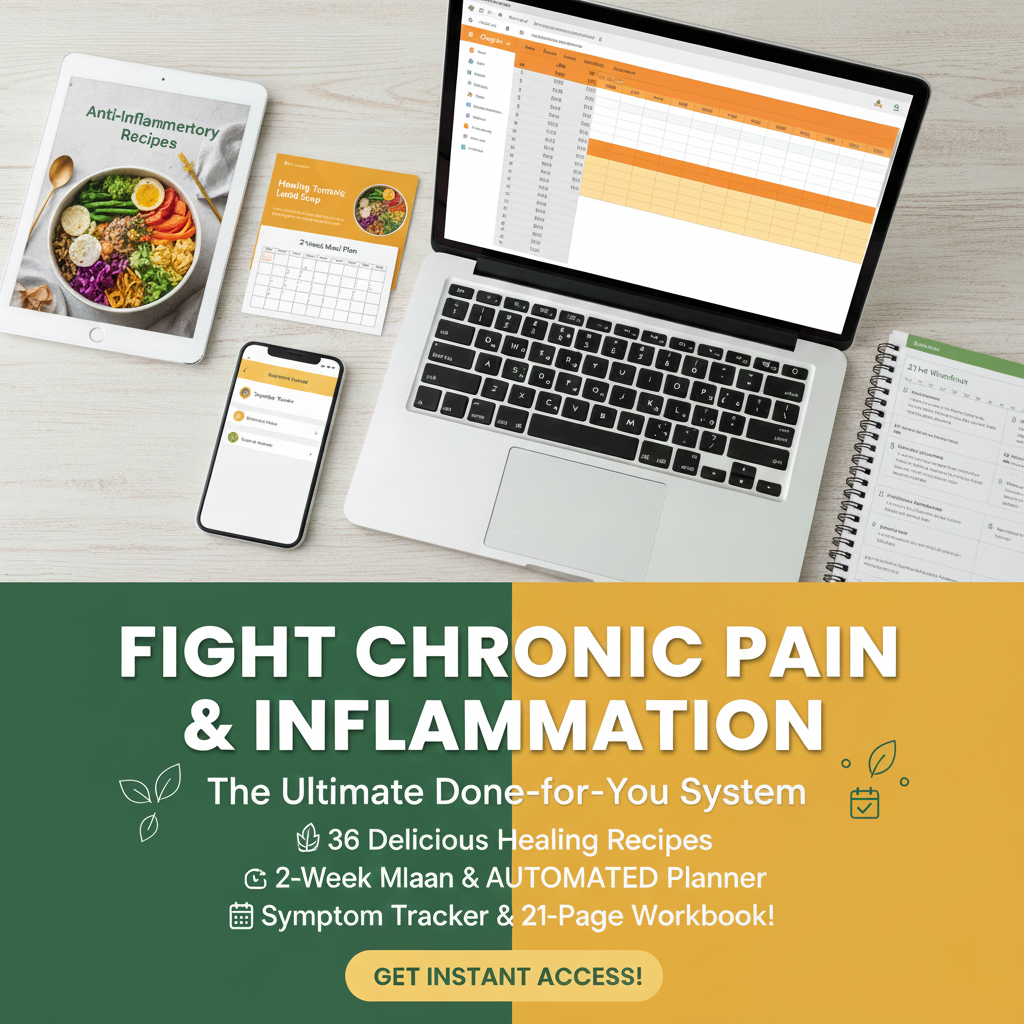
Muscle recovery is a crucial aspect of any fitness routine. Incorporating high-protein foods into your diet can significantly enhance your muscle recovery process. Below, we break down the top 10 high-protein foods that can support muscle recovery and reduce inflammation.
1. Salmon
Salmon is an excellent source of protein, with a 4-ounce serving providing 24 grams. It is also rich in omega-3 fatty acids, which have anti-inflammatory properties that can help reduce muscle inflammation and enhance recovery.
- High omega-3 content helps reduce muscle soreness.
- Rich in essential vitamins like B12, promoting overall health.
- Versatile in recipes, from grilled fillets to hearty salads.
2. Tuna
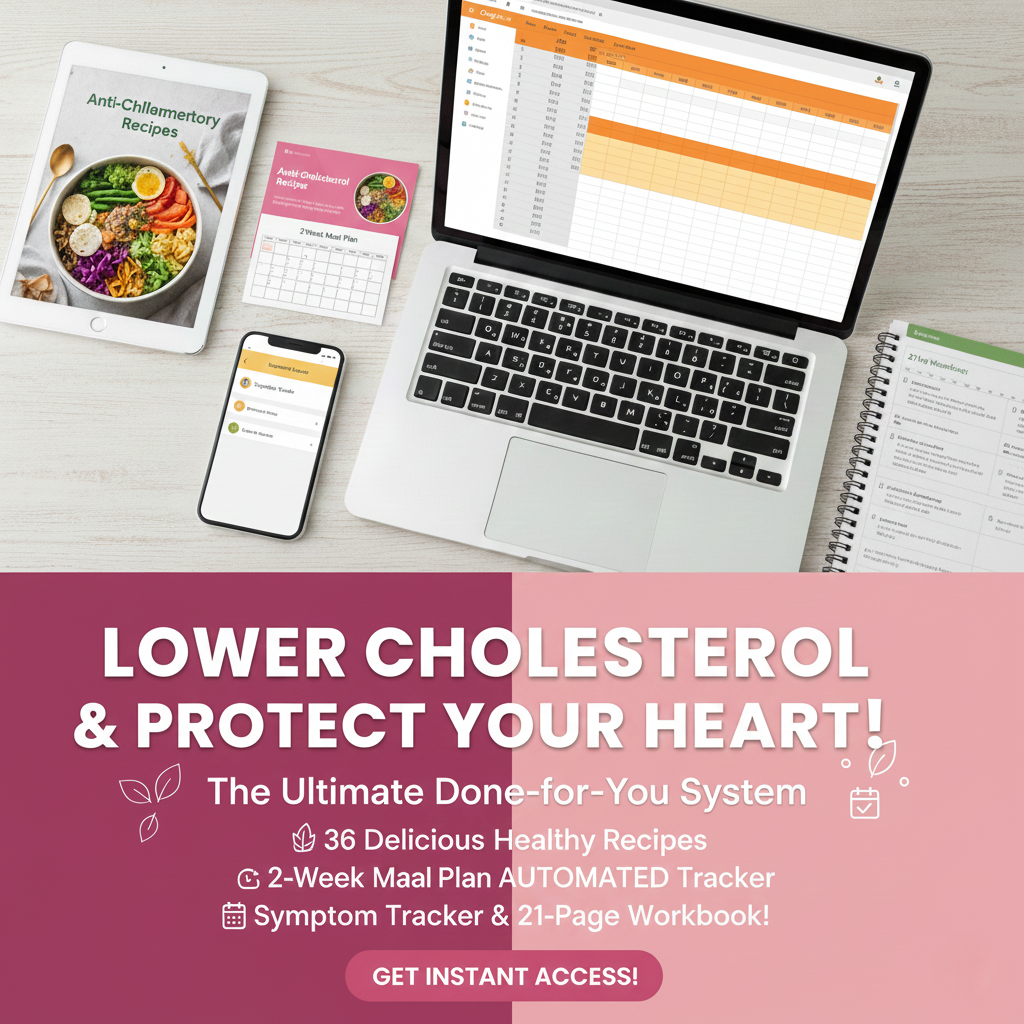
Tuna is another high-protein fish providing 39 grams of protein per 6-ounce serving. It is also a good source of omega-3 fatty acids, which can help reduce muscle inflammation and promote muscle recovery.
- Excellent for post-workout meals due to its high protein content.
- Low in fat, making it a lean protein source.
- Available canned or fresh, suitable for various culinary options.
3. Chicken Breast
Chicken breast is a lean source of protein, providing 26 grams per 3-ounce serving. It is also rich in vitamins and minerals, such as B vitamins, selenium, and zinc, which can support muscle recovery and growth.
- Highly versatile, fitting into a range of dishes from salads to stir-fries.
- Low in fat, making it a heart-healthy choice.
- Provides essential amino acids necessary for muscle repair.
4. Turkey
Turkey is a high-protein food providing 25 grams of protein per 3-ounce serving. It is also rich in anti-inflammatory nutrients, such as selenium and zinc, which can support muscle recovery and reduce muscle inflammation.
- Perfect for sandwiches or as a lean meat option in meals.
- Often associated with festive meals, but great year-round.
- Contains tryptophan, which can help in relaxation and better sleep.
5. Greek Yogurt
Greek yogurt is a high-protein dairy food providing 17 grams of protein per 6-ounce serving. It is also rich in probiotics, which can support gut health and reduce muscle inflammation.
- Can be eaten on its own or used in smoothies for added protein.
- Contains calcium, promoting healthy bones.
- Probiotics enhance digestive health, aiding in nutrient absorption.
6. Cottage Cheese
Cottage cheese is a high-protein dairy food providing 28 grams of protein per cup. It is also rich in casein, a slow-digesting protein that can help support muscle recovery and growth overnight.
- Great as a snack or part of a meal; pairs well with fruits and nuts.
- Low in fat and calories, making it a good option for weight management.
- Loaded with essential amino acids for muscle repair.
7. Eggs
Eggs are a high-quality source of protein, providing 6 grams of protein per large egg. They are also rich in vitamins and minerals, such as vitamin D, choline, and selenium, which can support muscle recovery and growth.
- Versatile in the kitchen, from scrambled to boiled.
- Inexpensive and easily accessible.
- Rich in leucine, a crucial amino acid for muscle protein synthesis.
8. Quinoa
Quinoa is a high-protein grain that provides 8 grams of protein per cup. It is also rich in anti-inflammatory nutrients, such as fiber, magnesium, and antioxidants, which can support muscle recovery and reduce muscle inflammation.
- Gluten-free, making it suitable for those with gluten intolerances.
- Rich in fiber, which promotes satiety and healthy digestion.
- Contains all nine essential amino acids, making it a complete protein.
9. Lentils
Lentils are a high-protein plant-based food that provides 18 grams of protein per cup. They are also rich in anti-inflammatory nutrients, such as fiber, iron, and polyphenols, which can support muscle recovery and reduce muscle inflammation.
- Excellent for soups, stews, and salads.
- Economical and highly nutritious.
- High in iron, supporting oxygen transport in the body.
10. Walnuts
Walnuts are a high-protein nut that provides 4 grams of protein per ounce. They are also rich in omega-3 fatty acids, which have anti-inflammatory properties that can help reduce muscle inflammation and enhance recovery.
- Can be eaten on their own or added to dishes like salads and desserts.
- Rich in antioxidants, promoting overall health.
- Healthy fats support heart health and cognitive function.
Incorporating these high-protein foods into your diet can significantly support muscle recovery and reduce inflammation. Whether you’re an athlete or someone who frequently engages in physical activities, these foods will help you recover quicker and maintain muscle health.


